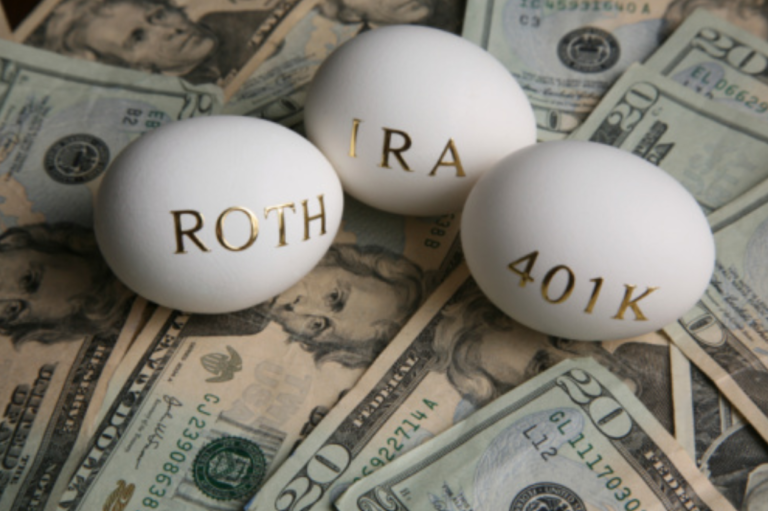
Is Putting a Home in Trust a Good Estate Planning Move?
Homes are illiquid assets that produce no income and come with ongoing costs for upkeep. Those issues can cause some snags with your trust.

Homes are illiquid assets that produce no income and come with ongoing costs for upkeep. Those issues can cause some snags with your trust.

Have you thought about what will happen to your bitcoin when you die? For many of us, the thought has at least crossed our mind.

There are two main kinds of trusts: revocable and irrevocable.

Trusts are often associated with the rich, but the uber-wealthy are not the only people who can benefit from using trusts. There is no minimum asset level or net worth required to set up a trust, and you can put any amount of money into a trust.

Part of being a responsible homeowner is having a proper estate plan in place. After all, considering the home is generally the largest asset most people own, it’s prudent to ensure this asset is passed to the people you wish to leave it to.

Every so often, it’s smart to methodically go through your estate planning documents and see if any tweaks are needed. Here’s a checklist to guide you through that mission.

I’m a trustee selling a home in irrevocable trust for a parent who died. There are two beneficiaries who will get the sale proceeds with a stepped-up basis. I’m filing Form 1041 but do I still have to file a Form 1040 to report anything for the beneficiaries?